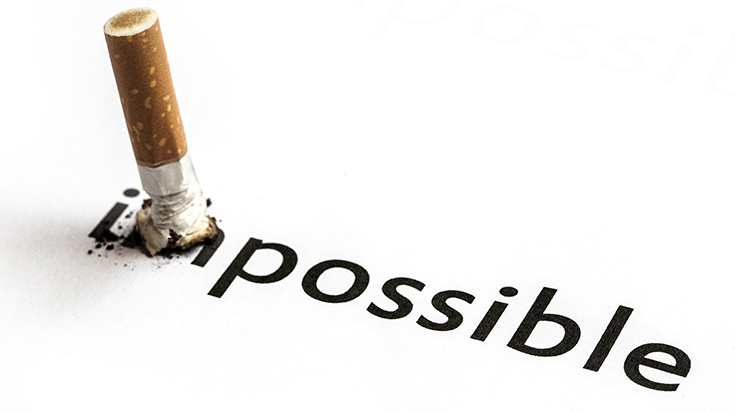The Quitting Smoking - Cigna PDFs

All about How to Quit Smoking - Benefits and Plans - MinuteClinic - CVS
Loss of some lung function might not have signs. By the time symptoms appear, a person might have lost half of his or her lung function. How Quit Plans Can Help The most effective quit strategy is customized, involving education, therapy and frequently, medications. includes information about the dependency of smoking cigarettes and health conditions that are worsened by smoking cigarettes.
often required to deal with the behavioral elements of cigarette smoking and determine and conquer prospective obstructions to successful quitting. the majority of people who are addicted to cigarettes require medication to quit smoking cigarettes. Medical management includes examining lung function, dealing with lung damage from cigarette smoking and supplying nicotine replacement/addiction treatments. Vaping and E-Cigarettes When thinking about giving up smoking cigarettes, some will try to find replacement items such as e-cigarettes or vaping gadgets.

Currently, there are no research studies that reveal these devices are safe options to conventional smoking. Additional research studies have shown that the amount of nicotine in these gadgets differs considerably, which can typically result in a greater level of nicotine than is expected and might be greater than standard cigarettes.

What Happens When You Quit Smoking: A Timeline - Mantachie Rural Health Care, Inc.
The Only Guide for Quitting Smoking - MedlinePlus
If you are ready to give up cigarette smoking, it is suggested you consult with your physician to speak about the very best quit plan for you, which might consist of medications, nicotine replacement items and/or non-medication methods. Immediate Benefits of Quitting Smoking cigarettes Did you understand that health and other benefits start right after you give up smoking cigarettes? Here are simply a couple of "after you give up" health turning points: At 20 minutes: Heart rate and high blood pressure drops.

Quitting smoking is hardMindfulness offers a new approach - STAT
At 2 weeks to 3 months: Blood circulation enhances; lung function boosts. At one to nine months: Coughing and shortness of breath decline due to better lung function. Danger of lung-related infection is reduced. Over the first year of giving up, energy level increases, breathing becomes much easier and sense of taste and odor return.
At 2 to five years: Stroke threat can fall to that of a nonsmoker. At five years: Oral, throat, esophageal and bladder cancer threats are halved compared to active cigarette smokers. Cervical cancer threat falls to that of a nonsmoker. At Smoking Cessation : Danger of dying from lung cancer is half that of an active smoker.
